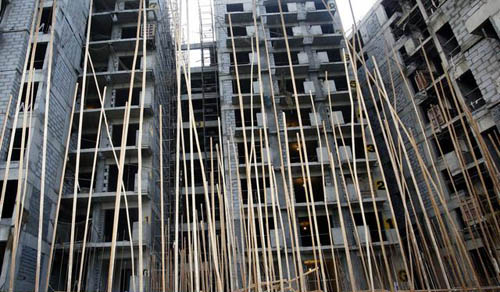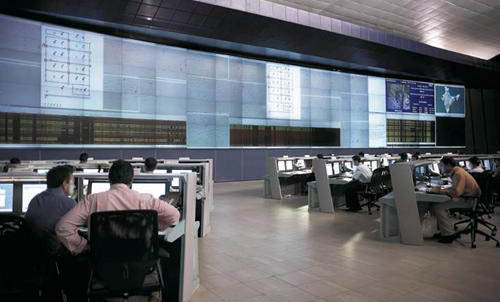
Impact of 100% FDI in e-commerce on Indian real estate
Bottom Line: 100% FDI in Indian e-commerce will open the…

Bottom Line: 100% FDI in Indian e-commerce will open the…

A closer look suggests it is just the first step…

The Union Budget for 2016-17 has overall been a good…

The real estate sector’s expectations of exemption for Real Estate…

Industry players’ have given mixed reaction on the Union Budget…

The level of enthusiasm has gone down with smart city…

JLL report finds Chennai market rising to new high. Chennai’s…

From being the governance wild child to maturing into a market influencer, India’s real-estate sector has transformed in the past decade, with a paradigm shift from family owned businesses to corporates along with a few companies listing on stock exchanges. The change began with the government opening doors to Foreign Direct Investment (FDI) in 2005 and then welcoming the next wave of stability as corporate houses brought image restoration for the sector. Led by corporate entities, realty companies soon adopted corporate governance wherein transparency began to trickle down into the system as a norm slowly.

Track2Realty: New residential unit launches across top eight cities declined by 12% y-o-y in 2014 with total launch of 153,000 units. The top three cities of Bengaluru (27%), NCR (17%) and Mumbai (16%) comprised of 60% of the total new launches in 2014, says a report by Cushman & Wakefield.

Track2Realty Exclusive: 2014 was an eventful year for the commercial real estate market in India. The economic outlook in the first half of the year was uninspiring. Coupled with political uncertainty this resulted in investors and occupiers stalled making any real estate decisions. Business confidence was at its lowest. The sentiment changed dramatically in the second half post the national elections as it became clear that there would a ‘new’ stable government.
